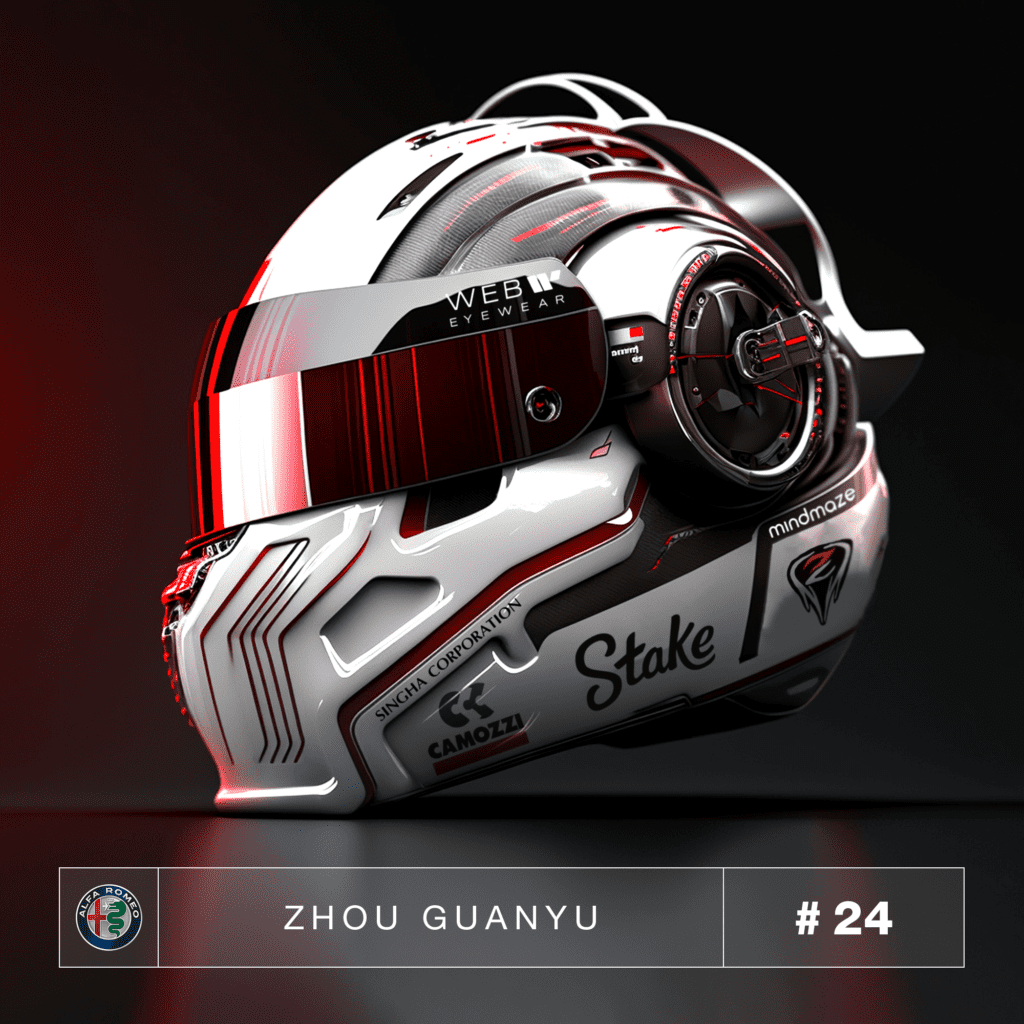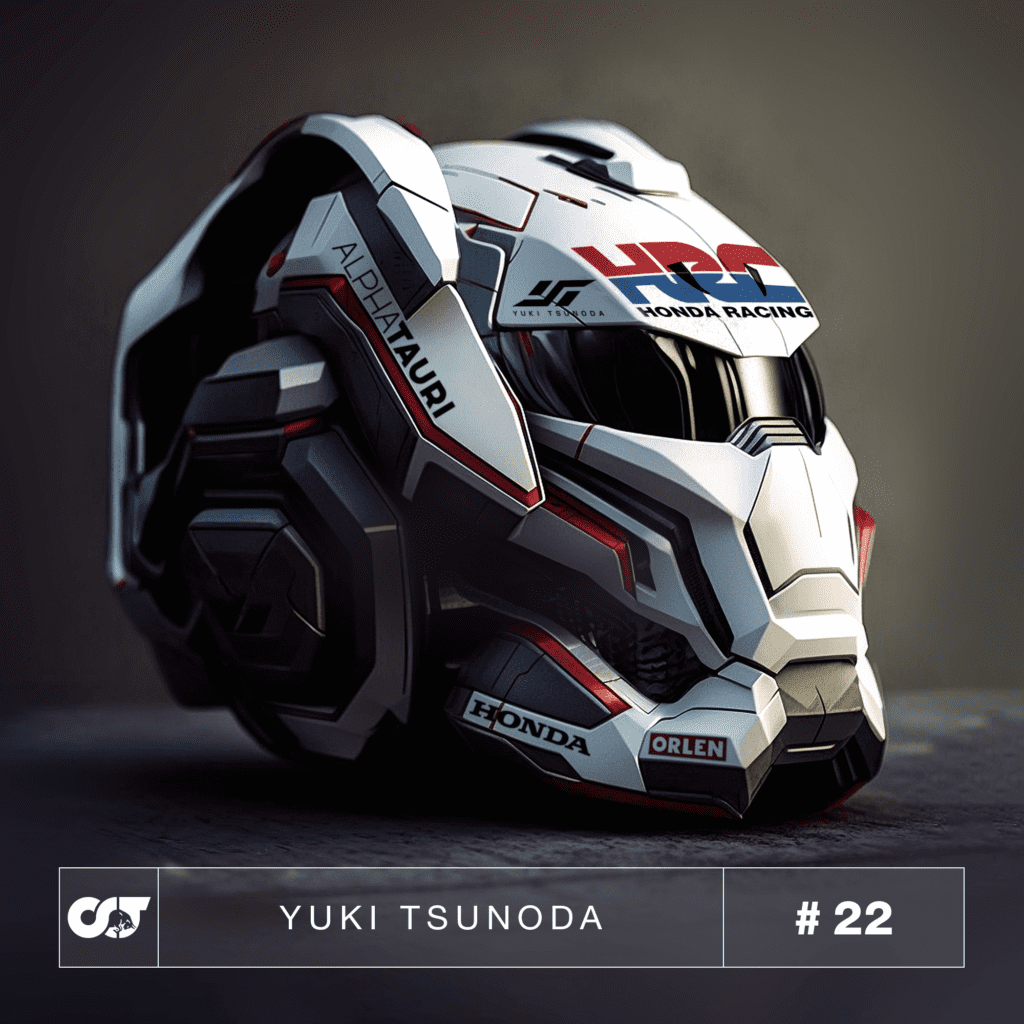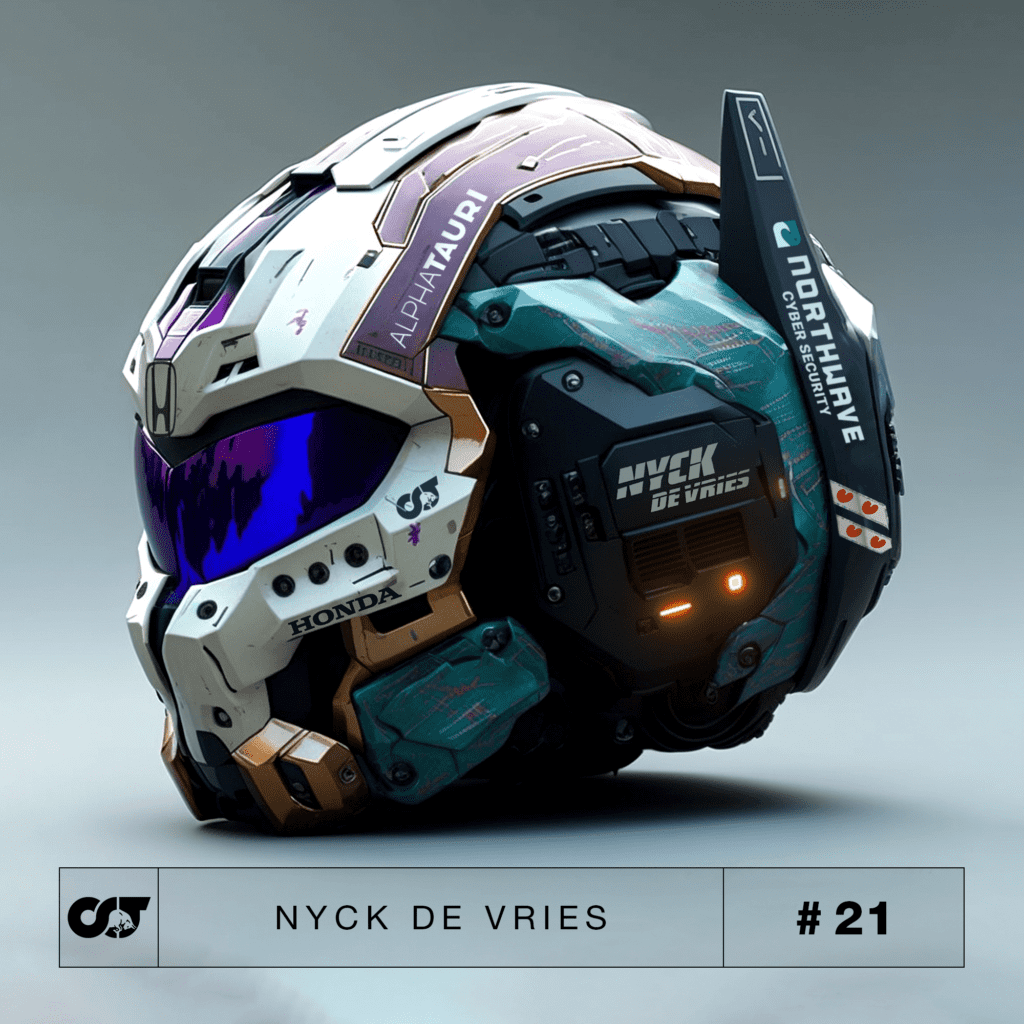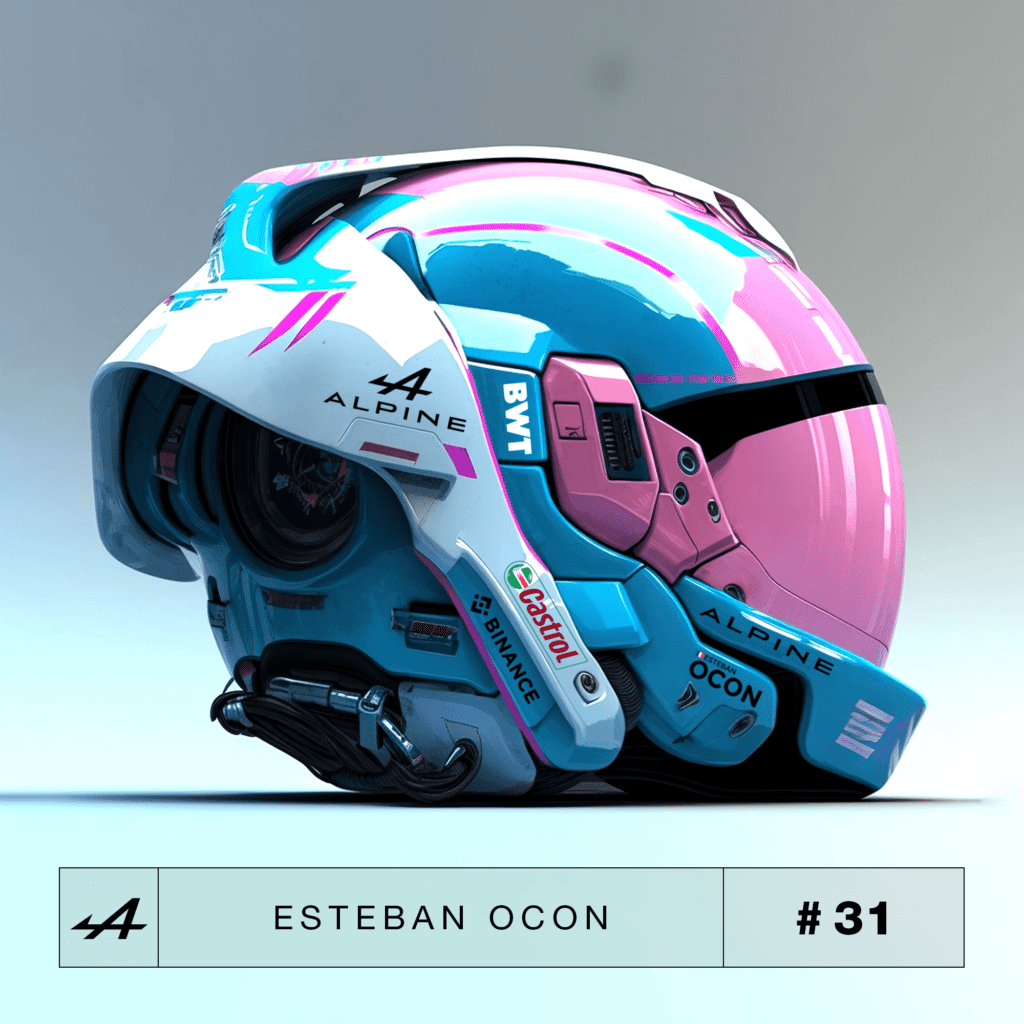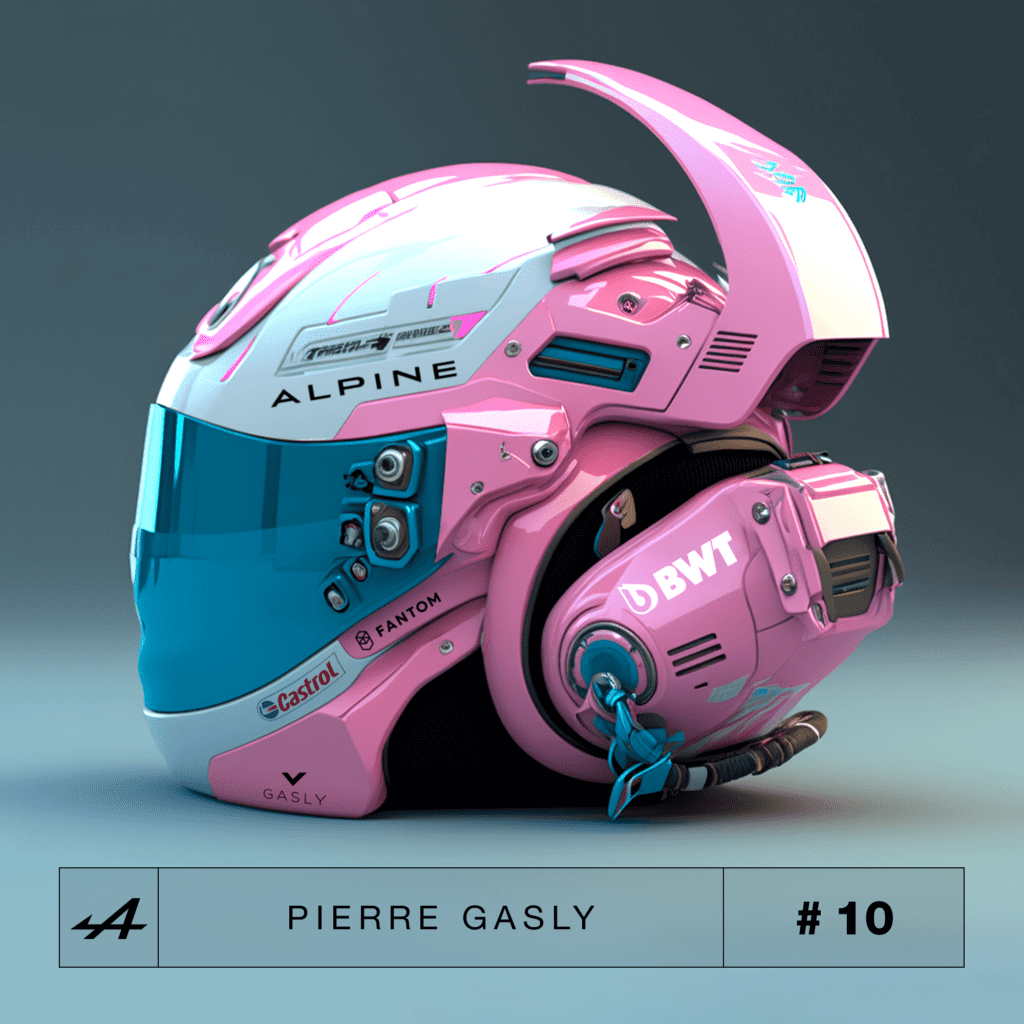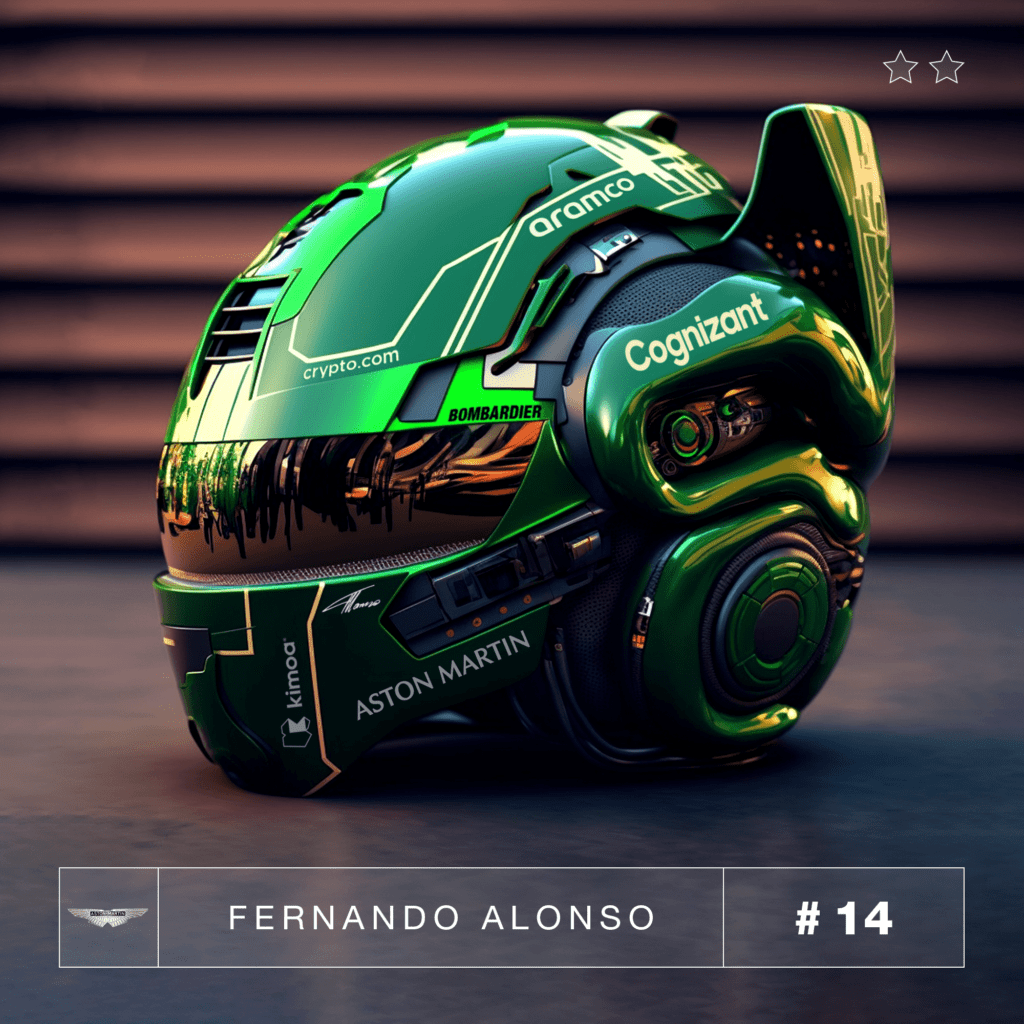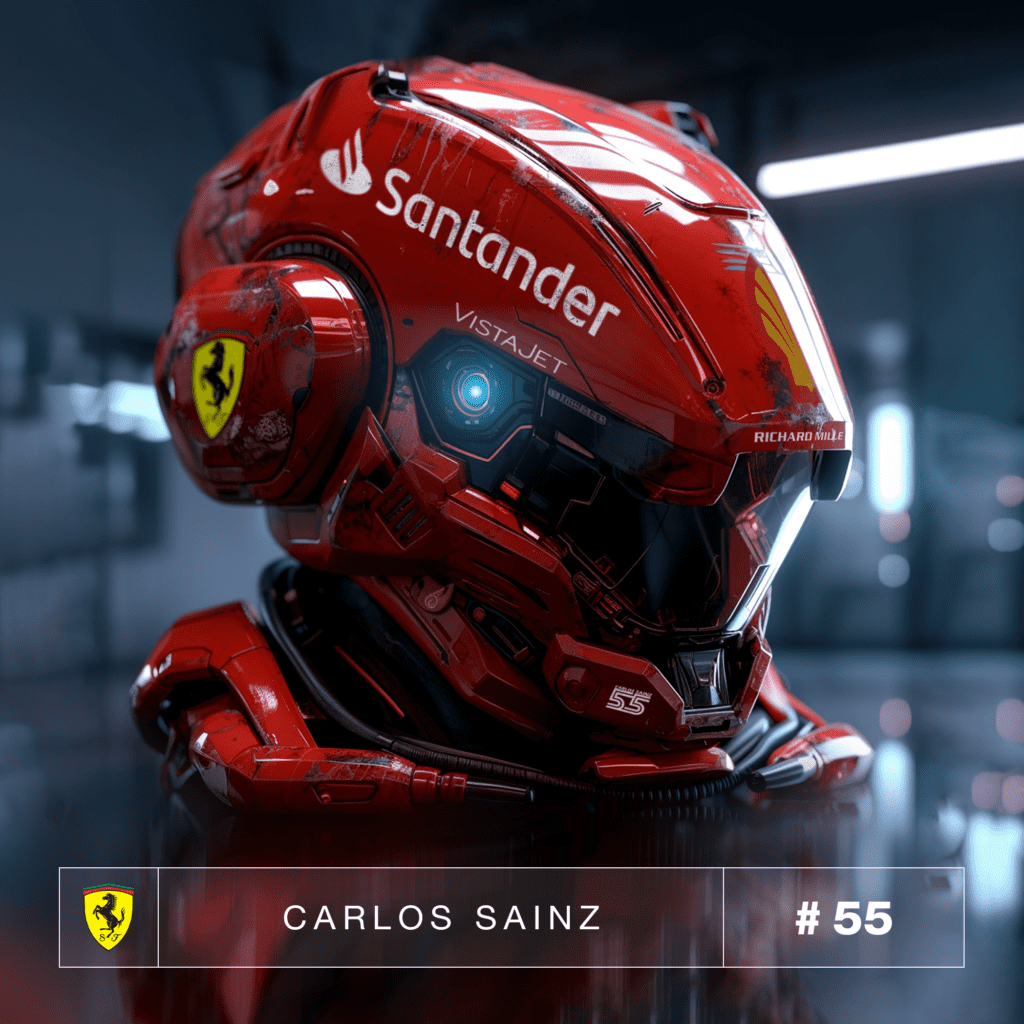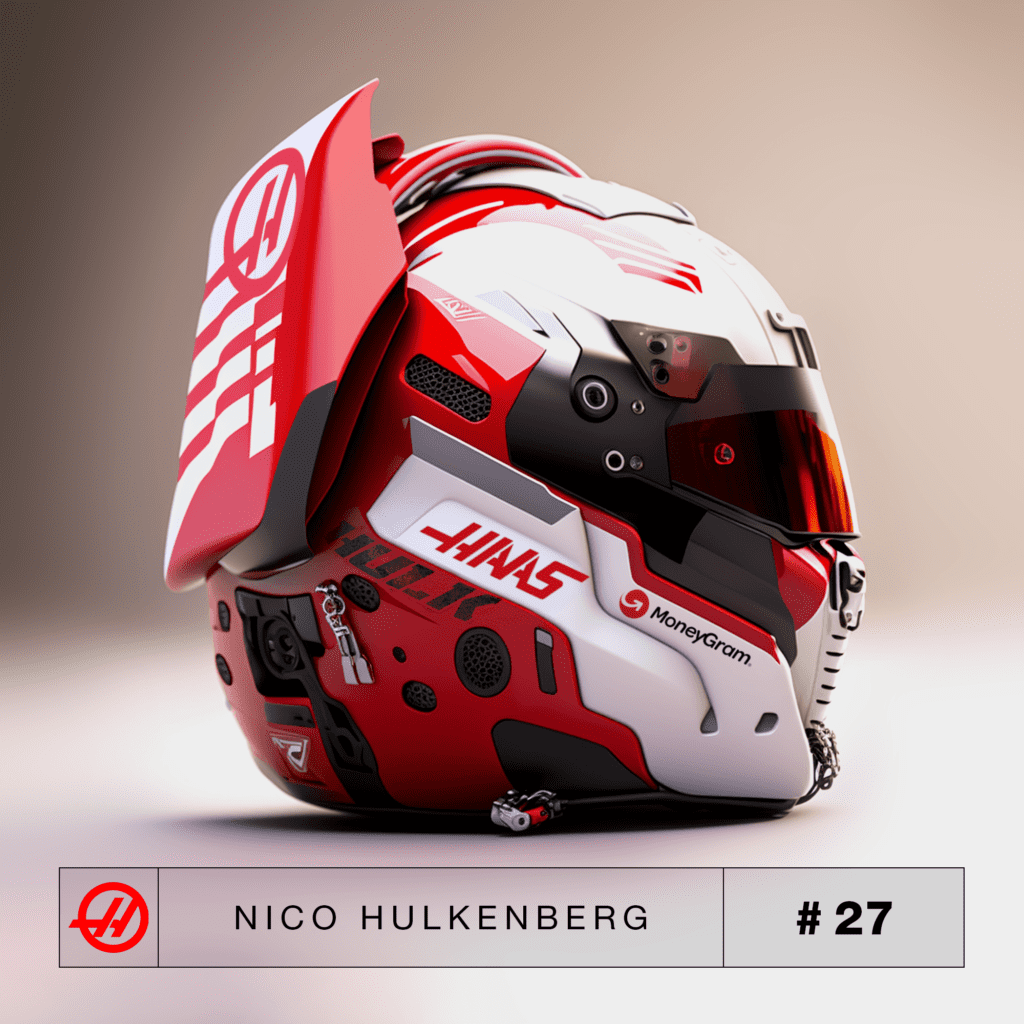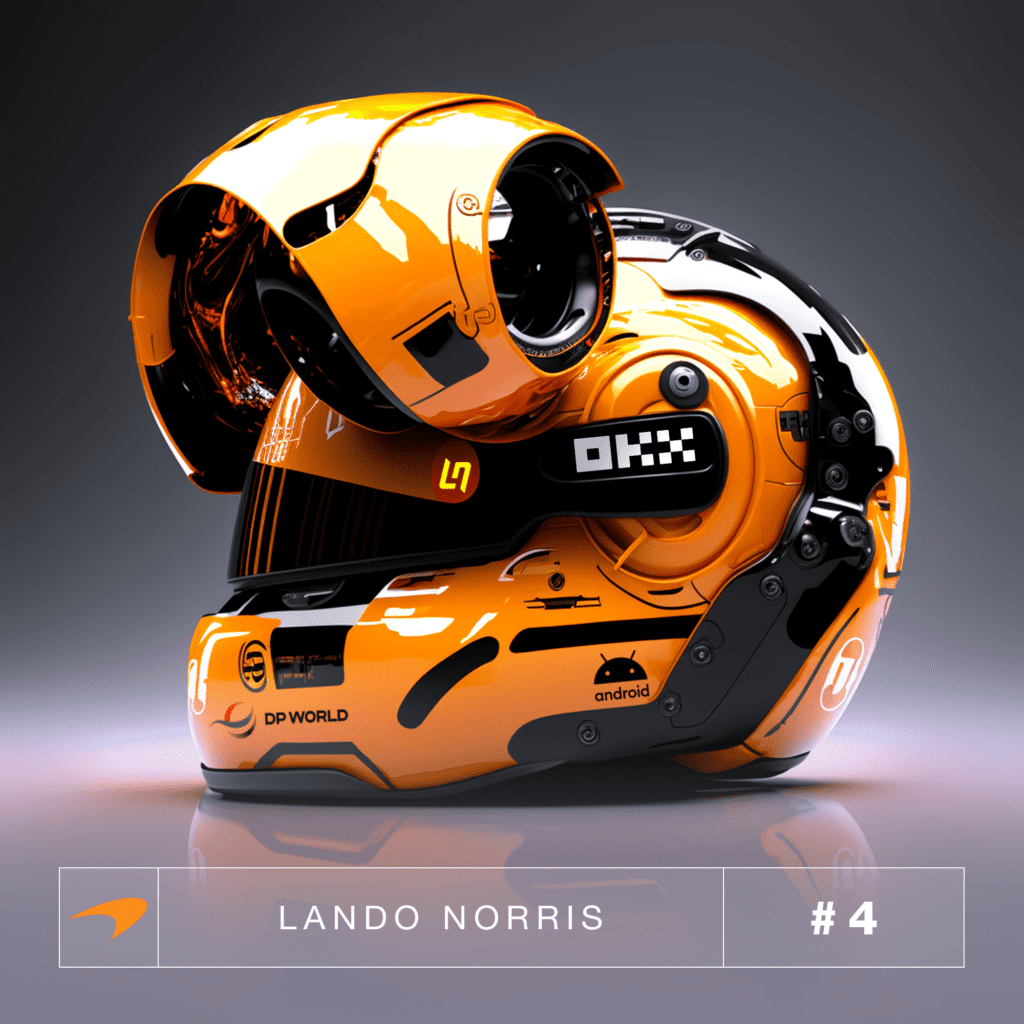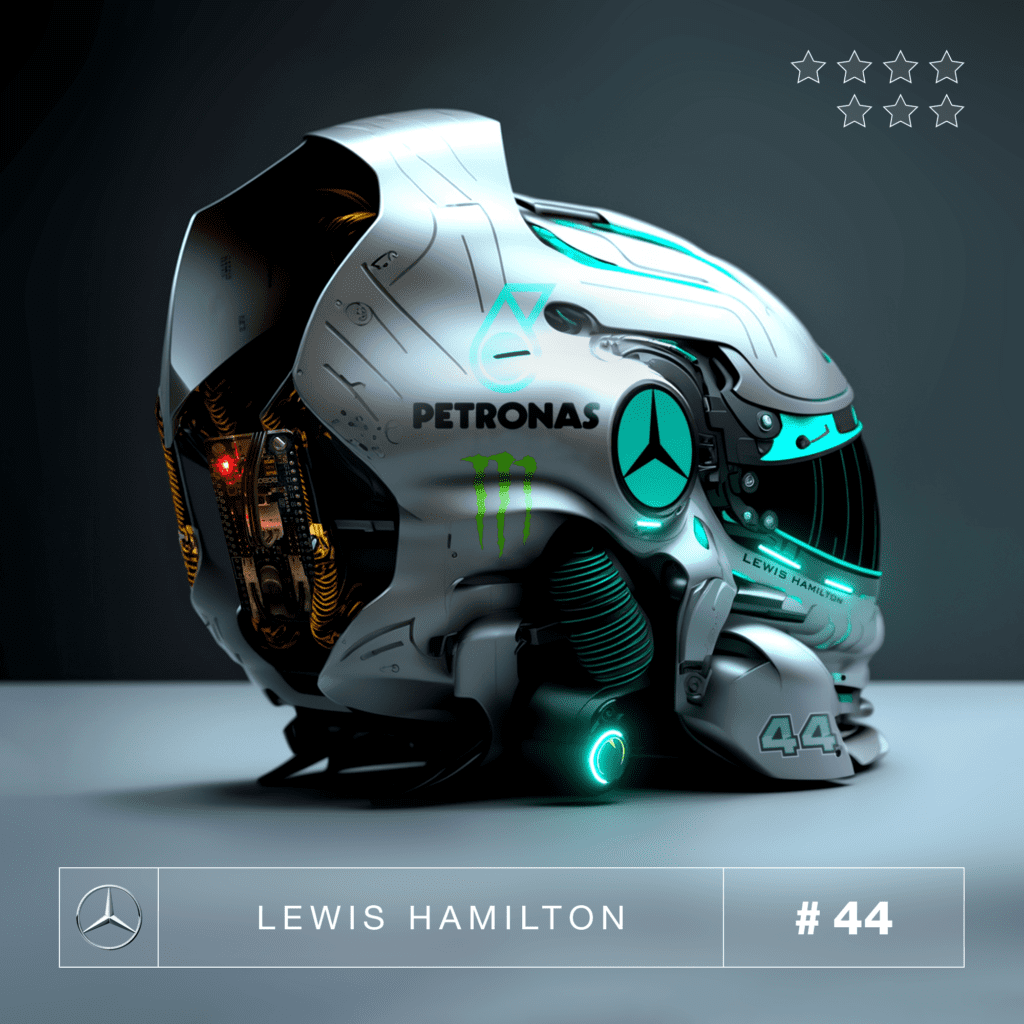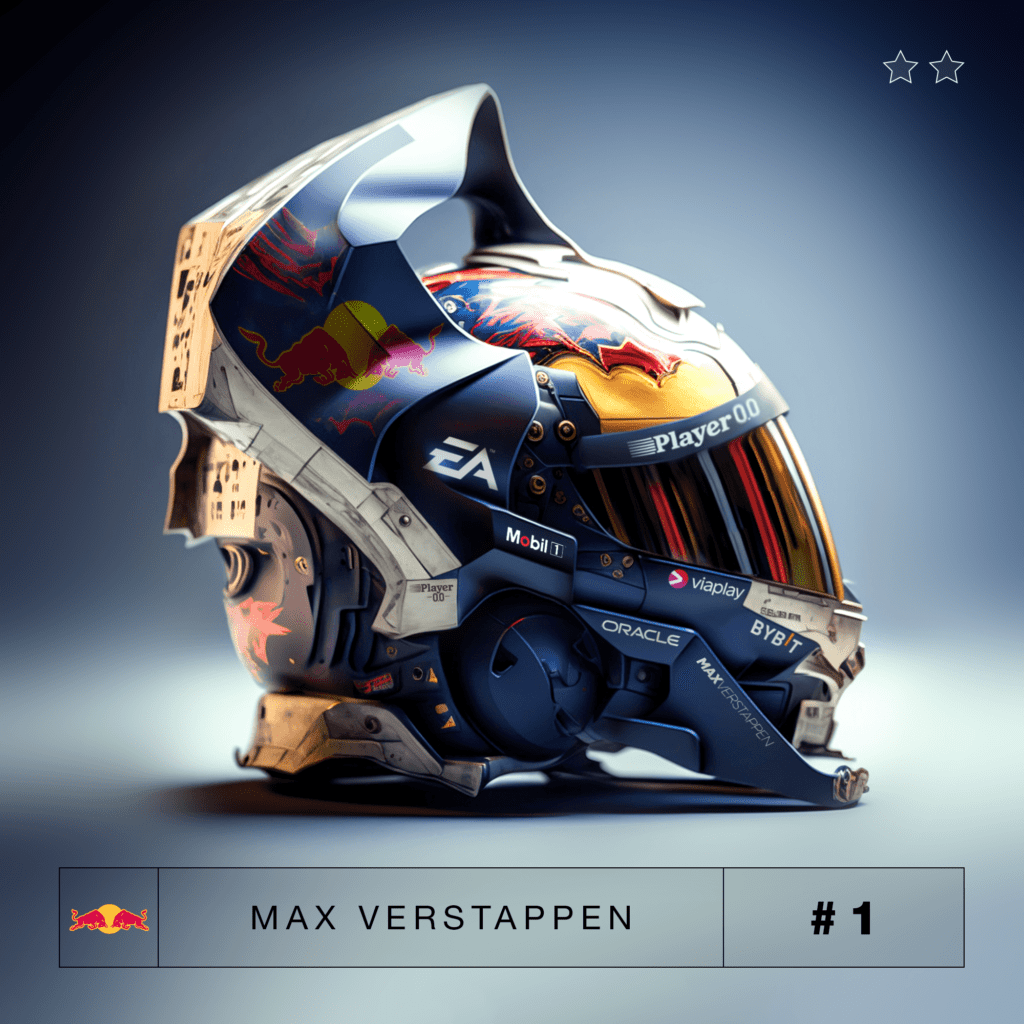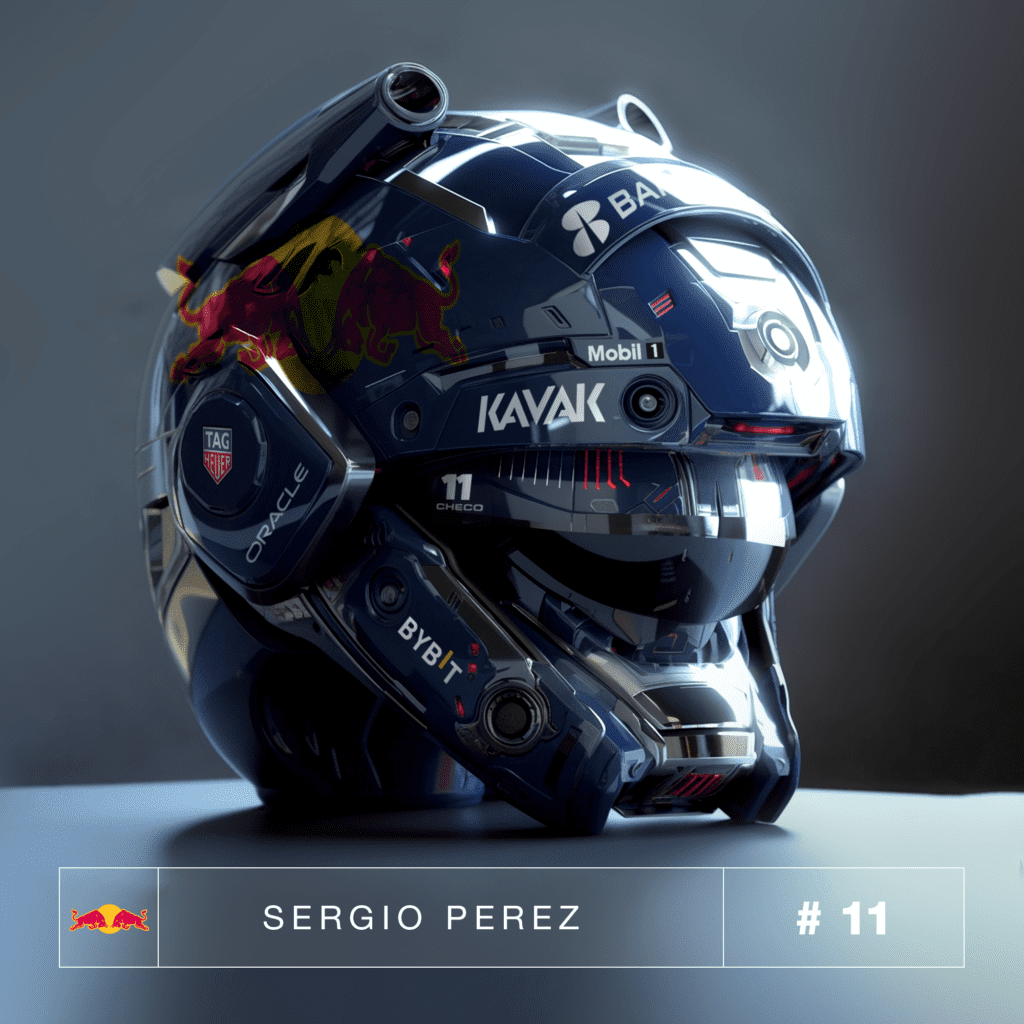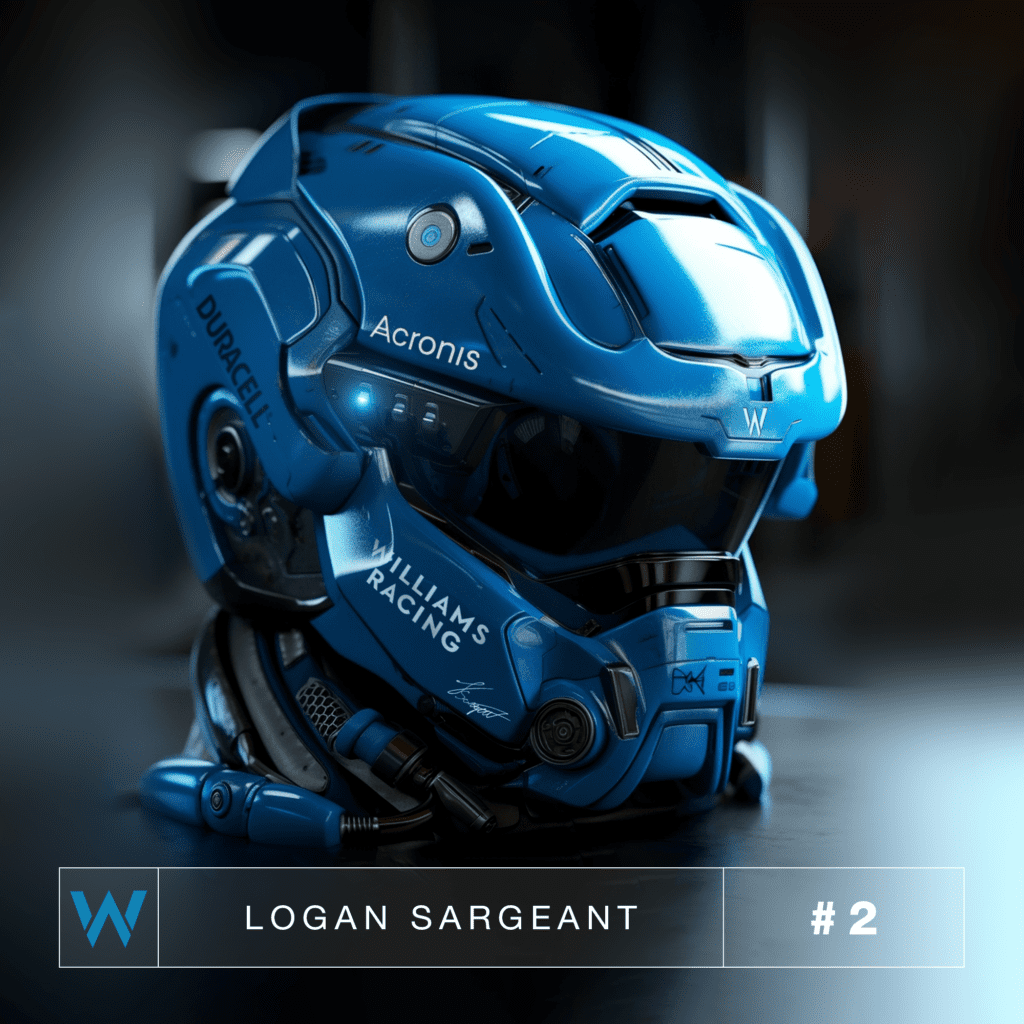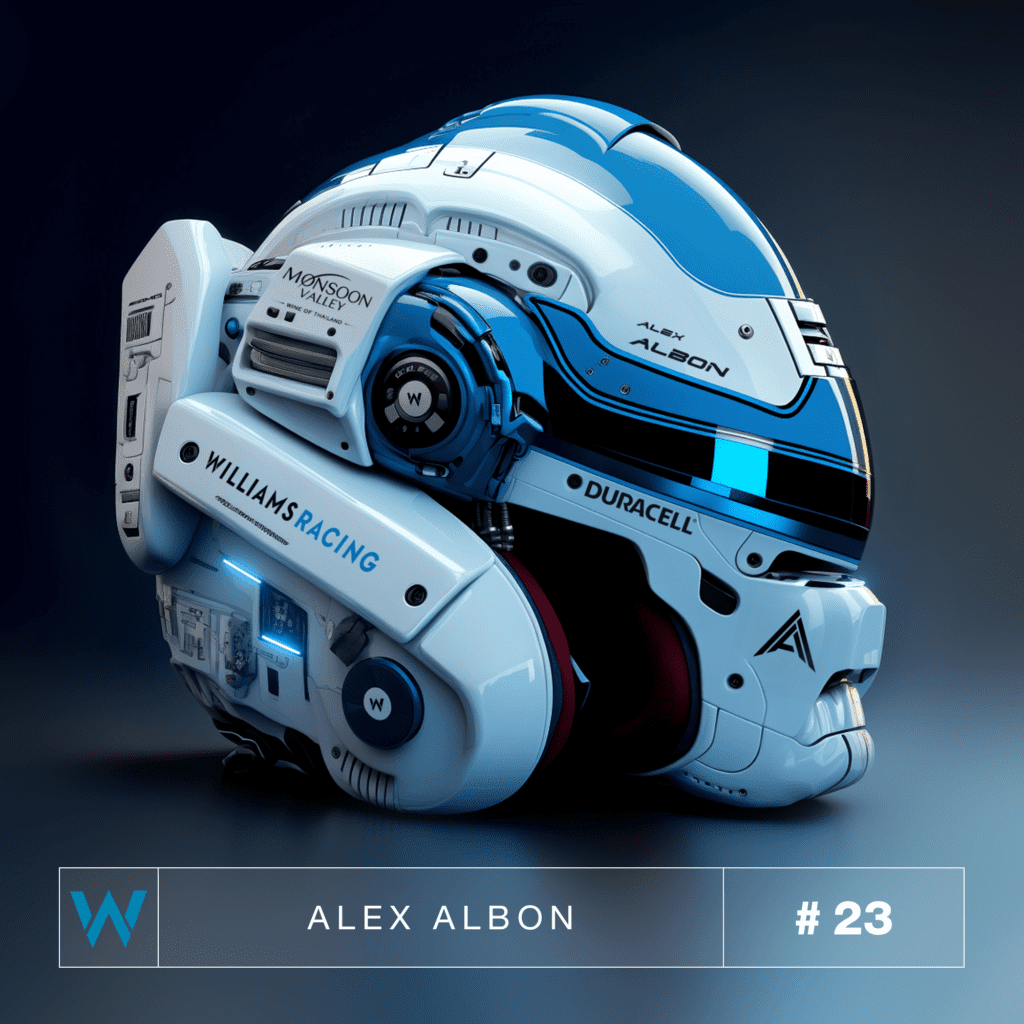FAQ
New to
NFT's
Unravel the fundamental concepts behind Non-Fungible Tokens, exploring their significance in the digital realm.
How does
it work?
Explore topics such as assessing the investment potential of NFTs, the use of wallets, and risks tied to NFT investments.
Why
NFT's
Exploring the Advantages of NFTs. Delve into the reasons why NFTs are reshaping the digital asset landscape.
NFT
Purposes
Discover the Versatility of NFT’s. Explore their role in reshaping ownership and value exchange across different domains.
iCandy Companies
Explore the three hubs of iCandy Designed to cater artistic needs, foster collaboration, and build a thriving community.
Collections & Collaborations
Find out about our unique digital art collections and our exciting partnerships. Discover the exciting ventures we’re a part of.
New into NFT
Unravel the fundamental concepts behind Non-Fungible Tokens (NFTs), exploring their significance in the digital realm.
NFT stands for Non-Fungible Token. It’s a digital asset that represents ownership or proof of authenticity of a unique item or piece of content, like art, music, videos, virtual real estate, and more, using blockchain technology.
Blockchain is a decentralized digital ledger that records transactions across a network of computers. It ensures transparency, security, and immutability of data. NFTs are often built on blockchains like Ethereum.
Cryptocurrencies like Bitcoin and Ethereum are fungible, meaning each unit is interchangeable with another of the same value. NFTs are non-fungible, representing unique items, making them distinct from each other.
NFTs are created, bought, and sold on blockchain-based platforms. When you own an NFT, you have a digital certificate of ownership for a specific digital or physical item.
Web3 is a concept that envisions a decentralized internet where blockchain and decentralized technologies power applications and services. It aims to give users more control over their data and digital interactions.
You can create an NFT by minting it on an NFT marketplace. This process involves uploading your digital content, setting metadata, and paying a small fee.
Almost anything digital can be turned into an NFT, including art, music, collectibles, virtual real estate, domain names, tweets, and even virtual goods in video games.
To buy NFTs, you’ll need a digital wallet with cryptocurrency (like Ethereum). Visit NFT marketplaces like OpenSea, Rarible, or others, connect your wallet, and browse and purchase NFTs.
Some blockchains, like Ethereum, use a lot of energy. However, there’s a growing shift to more eco-friendly blockchains. Research and choose NFTs on platforms that align with your environmental values.
The value of NFTs can be volatile. Some NFTs have appreciated significantly, while others haven’t. Do your research and be cautious if you’re considering NFTs as investments.
Check the NFT’s smart contract address and transaction history on the blockchain. Be cautious of fake or plagiarized NFTs, and buy from reputable creators and marketplaces.
NFT ownership is tied to your wallet’s private keys. Losing access to your wallet means losing access to your NFTs, so it’s essential to keep your private keys safe.
How does it work?
Explore topics such as assessing the investment potential of NFTs, the use of wallets, and risks tied to NFT investments.
You can search for NFTs on various NFT marketplaces like OpenSea, Rarible, and more. Use the search bar, filters, and categories to find NFTs that interest you.
To buy an NFT, you’ll need a digital wallet with cryptocurrency (usually Ethereum). Connect your wallet to the NFT marketplace, select the NFT you want to purchase, and follow the on-screen instructions to complete the transaction.
A digital wallet is software that allows you to store, send, and receive cryptocurrencies like Ethereum. There are two types: hot wallets (online) and cold wallets (offline).
A hot wallet is an online wallet accessible via the internet. It’s convenient for frequent transactions but can be less secure than cold wallets.
A cold wallet is an offline wallet used for long-term storage of cryptocurrencies. It’s highly secure because it’s not connected to the internet, making it less vulnerable to hacks.
Wallet-as-a-service (WaaS) platforms provide easy-to-use digital wallets for storing and managing cryptocurrencies and NFTs. They offer user-friendly interfaces and are accessible through web browsers or mobile apps.
You can store NFTs in your digital wallet. For added security, consider using a cold wallet (hardware wallet) to store valuable NFTs offline.
To transfer NFTs to a cold wallet, you’ll need to initiate a withdrawal or transfer from your hot wallet to the cold wallet’s address. Follow the wallet-specific instructions for this process.
Yes, if you forget your wallet’s password or lose access to your private keys, you could lose access to your NFTs. It’s crucial to keep backups and securely store your wallet recovery phrases.
Only buy NFTs from reputable creators and marketplaces. Verify the authenticity of the NFT and be cautious of scams. Use secure wallets and keep your private keys safe.
You can view the NFTs you own by accessing your digital wallet and navigating to the NFT section. It will display a list of the NFTs in your possession.
Yes, there are fees involved in buying and storing NFTs. You may encounter transaction fees for buying, transferring, or withdrawing NFTs, as well as potential gas fees on blockchain networks like Ethereum.
Why NFT’s?
Exploring the Advantages of NFTs. Delve into the reasons why NFTs are reshaping the digital asset landscape.
Yes, NFTs can represent various items, including music, virtual real estate, virtual goods in video games, domain names, tweets, and more. Their applications are expanding beyond art.
Some people view NFTs as investments, hoping that their value will appreciate over time. However, it’s essential to be cautious and conduct research, as NFT markets can be speculative and volatile.
NFTs redefine ownership in the digital age by providing a way to prove ownership of digital assets. They challenge traditional notions of ownership in a digital, easily reproducible world.
Yes, NFTs have the potential to democratize the creative industries, giving artists from diverse backgrounds access to global markets and fair compensation for their work.
The primary purpose of NFTs is to establish digital scarcity and ownership, allowing creators and collectors to prove the uniqueness of digital assets in a world where digital content is often easily duplicated.
NFTs empower creators by providing them with a new way to monetize their digital work. They can earn royalties from secondary sales and gain direct access to a global audience without intermediaries.
Collectors buy NFTs for various reasons, including the potential for investment and the desire to support their favorite artists. NFTs can also offer a unique and personalized collection experience.
NFTs are revolutionizing the art and entertainment industries by enabling artists to sell and protect their digital creations while ensuring provenance and authenticity.
What are NFT purposes?
Discover the Versatility of Non-Fungible Tokens. Explore their role in digital art, collectibles, and the tokenization of real assets, reshaping ownership and value exchange across different domains
NFTs allow artists to sell digital artworks as unique, collectible items, proving ownership and authenticity.
Musicians can release exclusive tracks, albums, concert tickets, or audio content as NFTs, offering fans unique experiences.
NFTs enable true ownership of in-game assets, such as skins, weapons, and virtual real estate, enhancing gameplay and fostering player-driven economies.
NFT collectibles, including trading cards and virtual pets, offer collectors the chance to own and trade unique digital items.
NFTs are used to buy, sell, and develop virtual land and property within metaverse environments.
NFTs can represent ownership of physical items, linking them to digital certificates of authenticity.
NFTs represent ownership of domain names, ensuring unique online identities and decentralized management.
NFTs establish the authenticity and provenance of digital and physical items, valuable for art, luxury goods, and more.
NFT communities and social tokens enable interaction, collaboration, and shared ownership among creators and collectors.
NFTs can be used for fundraising and charitable causes, with proceeds from sales directed to specific charitable organizations.
NFTs represent ownership of digital goods like software licenses, digital subscriptions, and online services.
NFTs represent ownership of digital goods like software licenses, digital subscriptions, and online services.
Tickets and access to virtual events, conferences, and meetups can be tokenized as NFTs, providing secure and unique admission.
NFTs enable the purchase and trade of in-game items, enhancing the gaming experience and adding value to virtual assets.
Fashion brands use NFTs to create digital fashion items, wearables, and accessories for virtual worlds and social media.
NFTs represent sports collectibles, memorabilia, and moments, allowing fans to own and trade iconic sports-related items.
Content creators license their work as NFTs, giving buyers rights to use and distribute the content.
Educational institutions issue certificates and diplomas as NFTs, providing a secure way to verify achievements.
Celebrities and influencers engage with their fan base through NFTs, offering exclusive content and experiences.
NFTs can represent digital avatars and virtual identities within metaverse environments, allowing users to customize and own their digital personas.
iCandy Companies
Explore the diverse realms of iCandy. Three hubs designed to cater artistic needs, foster collaboration, and build a thriving community. Learn more about each dimension of our creative universe.
We are iCandy. New “kids” on the block-chain. And: here to stay. Based in Switzerland and with a global reach through our diverse hubs, we are committed to leaving a lasting impact in the (Web3, Blockchain) NFT-space.
Our dedicated team of eight individuals is passionate about empowering our artist and company partners, enabling them to unleash the full potential of their artwork and opportunities into imaginative NFT assets, collectibles and utilities.
At iCandy we fully focus on Art, Photography, Collectibles, Sports and Music. So no pixelated whales or disinterested apes here. Just genuine artwork from dedicated artists and business partners whom we help to transform their artwork and opportunities to handcrafted innovative digital assets. In full-fresh IP with licenses and royalties they deserve.
Our team is poised to make its mark in the world of blockchain technology. Each one of the team members brings a wealth of expertise gained from their involvement in challenging projects for renowned entities such as Heineken, Universal, Ing, Talpa, DHL, Marvel, Disney, 20th Century Fox, Netflix, and many others.
Our team has been carefully assembled, revolving around the trifecta of art, marketing & technology.
While some of our team members have chosen to reveal their true identities, others have adopted stage names for privacy reasons. Additionally, a few members operate under a fantasy name, reflecting the collaborative efforts of a broader team or specialized agency working behind the scenes to deliver exceptional results.
ICANDY CLUB – COMMUNITY & MARKETING
Your community partner. Aiming to make the market accessible, through factual and transparent content initiatives. Focussing on effective marketing roll-outs and creating visibility within niche audiences.
ICANDY STUDIO – ARTWORK, DEVELOPMENT
Your creative partner. Specialized in bringing ideas to life. From concepts to full-fledged prototypes, including comprehensive backend development. Ensuring that your NFTs are crafted using the best industry practices.
ICANDY WORKS – STRATEGY & TACTICS
Your collaborative partner. Working hand-in-hand to empower your venture into NFT’s. With collaborative expertise and strategic collaboration simplifying your journey and enabling seamless NFT access.
Collections & Collaborations
Find answers to questions about our unique digital art collections and our exciting partnerships. Discover the world of stunning NFT artwork and the exciting ventures we’re a part of, all in one place.
We appreciate your interest in collaborating with us.
If you have a unique and innovative idea that you believe aligns with the iCandy vision and is not currently in production, we welcome you to contact us on iCandy.works. We are always eager to explore new opportunities that can enrich the NFT ecosystem.
Due to the volume of inquiries we receive, we may not be able to respond to all proposals. Rest assured that each submission will be carefully reviewed, and if there is a potential fit, our team will get in touch with you.
Finance
All things related to managing your financial interests. Explore topics such as assessing the investment potential of NFTs, gauging the value of individual NFTs, and understanding the inherent risks tied to NFT investments.
The financial potential of investing in NFTs can be substantial, but it also carries significant risks. NFT prices can be extremely volatile, and their value is largely driven by demand and the perceived uniqueness of the digital asset. It’s essential to conduct thorough research, understand the underlying assets, and assess the long-term viability of the project before investing.
NFT valuation is subjective and can be challenging. Factors influencing NFT value include the creator’s reputation, scarcity, utility, historical sales data, and the overall demand for the specific NFT and its associated content. Consulting NFT marketplaces and historical sales data for similar assets can provide insights, but ultimately, the value is determined by what buyers are willing to pay.
NFT investments come with several risks, including market volatility, lack of regulation, potential copyright issues, platform security concerns, and the possibility of investing in projects that may not gain long-term traction. It’s essential to diversify your investments, invest only what you can afford to lose, and stay informed about market trends and security best practices.
Recent updates
Stay informed about the latest trends in the dynamic world of NFTs. Discover the essential developments and breakthroughs shaping the NFT landscape, ensuring you’re always at the forefront of innovation.
Lorem ipsum dolor sit amet, consectetur adipiscing elit. Ut elit tellus, luctus nec ullamcorper mattis, pulvinar dapibus leo.
Lorem ipsum dolor sit amet, consectetur adipiscing elit. Ut elit tellus, luctus nec ullamcorper mattis, pulvinar dapibus leo.
Lorem ipsum dolor sit amet, consectetur adipiscing elit. Ut elit tellus, luctus nec ullamcorper mattis, pulvinar dapibus leo.
Lorem ipsum dolor sit amet, consectetur adipiscing elit. Ut elit tellus, luctus nec ullamcorper mattis, pulvinar dapibus leo.
Lorem ipsum dolor sit amet, consectetur adipiscing elit. Ut elit tellus, luctus nec ullamcorper mattis, pulvinar dapibus leo.
Law & IP
Find concise answers and insights into legal matters and intellectual property issues. Explore the intersection of law and creativity to better understand how to protect your innovations and navigate the legal NFT landscape.
NFT ownership does not necessarily confer copyright ownership. Artists and creators should be aware of the terms and conditions of the NFT marketplace they use, as well as the licensing rights associated with their digital assets.
Yes, NFTs can be subject to copyright laws, especially if they represent digital art, music, or other creative works. The ownership of an NFT does not automatically grant rights to the underlying intellectual property. Creators and buyers should be aware of copyright regulations and licensing terms associated with the NFTs they create or purchase.
Creating NFTs based on copyrighted content without proper authorization from the copyright holder may lead to legal issues. It’s essential to respect copyright laws and obtain the necessary permissions before minting NFTs that use copyrighted material.
To protect your intellectual property when selling NFTs, consider these measures:
- Register your copyright with relevant authorities to establish ownership.
- Clearly define the licensing terms for your NFTs to specify how buyers can use the associated content.
- Consider utilizing blockchain-based digital rights management (DRM) solutions to control access and usage of your NFTs.
Yes, NFTs can be used to represent legally binding contracts or agreements, known as smart contracts. These contracts are executed automatically when predefined conditions are met, providing transparency and security. However, it’s essential to ensure the legality and enforceability of the underlying contract outside of the NFT system.
Buying NFTs involves several legal risks, including:
- Copyright Infringement: Purchasing NFTs with copyrighted content without proper licenses.
- Fraud: Falling victim to scams or purchasing counterfeit NFTs.
- Ownership Disputes: Unclear ownership rights or disputes over the rightful owner of an NFT.
Basics
Unravel the fundamental concepts behind Non-Fungible Tokens (NFTs), exploring their significance in the digital realm and demystifying and providing clarity on their creation, ownership, and impact on various industries.
NFTs, or Non-Fungible Tokens, are unique digital assets that represent ownership of a specific item, artwork, or collectible on a blockchain. Unlike cryptocurrencies like Bitcoin or Ethereum, each NFT has its distinct value and cannot be exchanged on a one-to-one basis.
NFTs are created, bought, and sold on blockchain platforms using smart contracts. These smart contracts define the ownership and transfer of the NFT, ensuring its authenticity and uniqueness. Transactions are recorded on the blockchain, providing transparency and security.
NFTs can represent a wide range of digital and tangible assets, including but not limited to:
- Digital Art and Collectibles
- Virtual Real Estate
- Music and Audio Clips
- Videos and Film Clips
- Domain Names
- Virtual Goods in Games
- Event Tickets
NFTs are stored in digital wallets that support the blockchain used for the NFTs. You can use hardware wallets, software wallets, or web-based wallets to manage your NFT collections securely.
Absolutely! Selling your NFTs is part of the exciting experience of owning digital assets on the blockchain. At iCandy, we are your trusted partner, and we can help you navigate the process of selling your NFTs seamlessly.
Whether you’re a digital artist looking to monetize your artwork or a collector ready to part with some of your prized NFTs, our team at iCandy is here to assist you. Our platform provides a user-friendly interface for listing your NFTs for sale, setting your desired prices, and even engaging in auctions to get the best value for your assets.
Additionally, if you need guidance on pricing strategies, market trends, or any other aspect of the NFT ecosystem, we have experts who can provide valuable insights. We take pride in supporting our community of creators and collectors, ensuring that you have a rewarding and successful NFT journey.
Visit our website at iCandy.works to explore the possibilities and start your NFT selling adventure with us today!
Platforms
Discover the world of NFT platforms. Explore the ins and outs of digital art, collectibles, and blockchain technology, and find answers to your most pressing questions about NFT marketplaces.
An NFT platform is an online marketplace or website where users can create, buy, sell, and trade Non-Fungible Tokens. These platforms serve as the primary venues for NFT transactions and often support various digital assets, including digital art, collectibles, virtual real estate, and more.
NFT platforms operate on blockchain technology, typically using the Ethereum blockchain for NFT creation and transactions. Users can connect their cryptocurrency wallets to the platform, browse available NFTs, place bids or make purchases using cryptocurrencies, and manage their NFT collections.
Some of the popular NFT platforms include:
- OpenSea: A widely used and diverse NFT marketplace with a vast selection of digital assets.
- Rarible: An NFT platform that allows creators to mint and sell their NFTs with customizable features.
- SuperRare: Focused on high-quality digital art, SuperRare offers limited-edition and rare NFT artworks.
- Foundation: A creative platform that emphasizes supporting artists and their NFT creations.
Reputable NFT platforms prioritize security and take measures to protect user data and funds. However, like any online platform, it’s essential to practice good security habits, such as using strong passwords, enabling two-factor authentication, and verifying the legitimacy of NFT listings and sellers.
If an NFT platform shuts down, the ownership and existence of your NFTs will not be affected. NFTs are stored on the blockchain, and you will still have access to them through your cryptocurrency wallet. However, you might need to use alternative platforms to continue buying, selling, or trading your NFTs.
No, not all cryptocurrencies are accepted on NFT platforms. The majority of NFT platforms primarily support transactions with Ether (ETH), as they are built on the Ethereum blockchain. However, some platforms may introduce support for other cryptocurrencies in the future.


